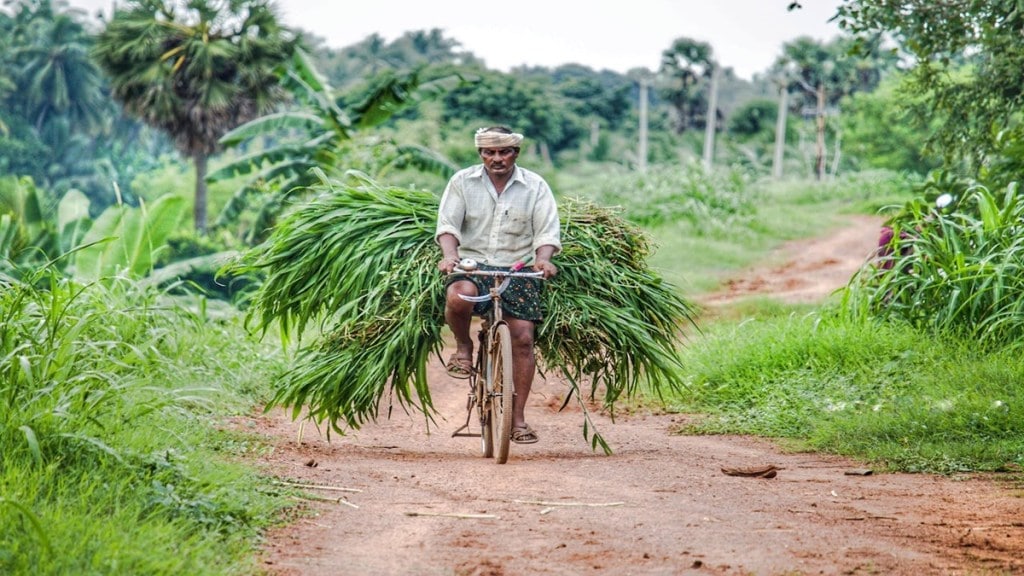Agritech startup Grow Indigo has raised $10 million from the UK’s development finance institution and impact investor British International Investment (BII). The company said it would deploy fresh capital towards accelerating the growth of its sustainability programmes in India.
Set up in 2018, the company focuses on carbon farming and promotes sustainable techniques such as direct-seeded rice and no-tillage farming. This enhances soil health and reduces erosion apart from improving water efficiency and reducing manual labor.
Carbon farming is essentially a set of agricultural practices that stores carbon dioxide (CO₂) from the atmosphere in soil and vegetation. This helps mitigate climate change by boosting the amount of carbon stored in the land while improving soil health and biodiversity.
Grow Indigo said carbon farming has the potential to become one of India’s largest agricultural export commodities by 2030, generating billions in additional income for smallholder farmers.
Speaking on the funding, Usha Barwale Zehr, Executive Director of Grow Indigo said the investment will accelerate farmer enrollment and scale carbon farming initiatives of the company.
“Maintaining integrity of the sustainability outcomes, by way of carbon credits and Scope 3 emission reductions, is of utmost importance to us and will bring maximum value to farmers with our science-backed MRV offerings,” she added.
Grow Indigo is in the business of research and development, production, processing and marketing of biologicals and linking farmers to voluntary carbon markets by farmer enrolment, advisory, monitoring, reporting and verification of regenerative agricultural practices.
India’s market for carbon farming is currently in early stages with agri-based carbon credit projects having a small share in the overall carbon market. As of December 2023, agriculture reportedly had only 0.2 per cent of the 321 million metric tons of carbon credit issued in India. The majority – around 89 per cent was issued in the renewable energy sector.
With around 170 million hectares of agricultural land, India’s capacity for carbon sequestration is significant.

